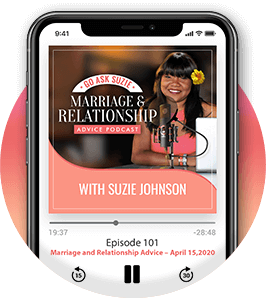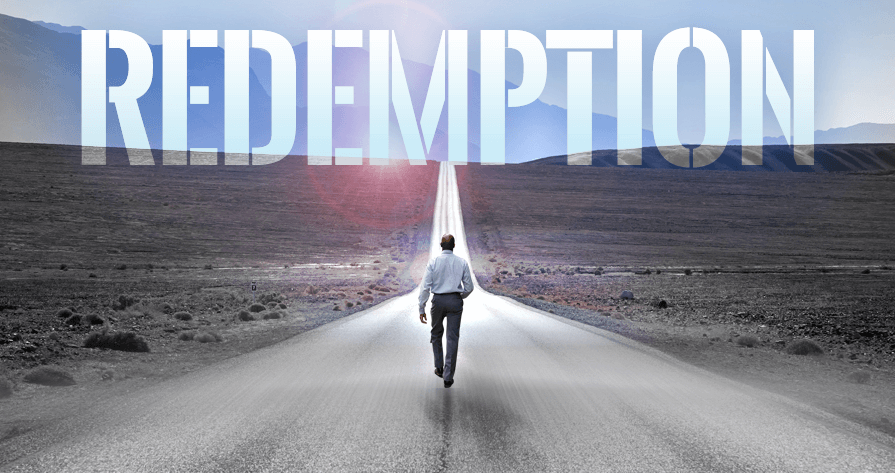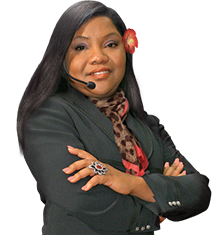
redemption for the unfaithful spouse
Thousands of wayward spouses have found forgivness and redemption
after their affair.
And in this article, I'm going to share some of secrets of how they did it.
efore I get into the details…
Let me tell you a very interesting story about a famous scientist who had a pretty unusual experience.
THE YEAR WAS 1928...
And the scientist, while extremely brilliant and focused, was also a very messy guy. He was so messy that his wife constantly complained bitterly. Whenever he worked in his lab, he would often eat on the job and wind up leaving his dirty cups and dishes laying around for days, or sometimes even weeks. Until one day it so happened that he’d left a half-eaten sandwich out for so long, it had started growing a strange mold. And as you might have guessed by now, this mold eventually led him to the discovery of one of the greatest inventions of modem medicine: penicillin. The scientist was none other than Alexander Fleming.
WHAT'S ALL THIS GOT TO DO WITH YOU AND YOUR SITUATION?
The connection here is this: Mistakes can sometimes lead to incredible breakthroughs, but only if we’re willing to stay open and learn from them. Which brings us to another question.
DOES MAKING MISTAKES EMBARRASS YOU?
If you’re like most people, then the answer to that question is yes. And when you think about it, it makes sense because we live in a world that tells us making mistakes is a sign of weakness, and it’s to be avoided at all costs. And yet deep down, we all know that making mistakes is the one thing we cannot avoid at any cost.
DOWNSIDE OF A DOUBLE LIFE
It’s trying to live up to these unrealistic expectations that causes so many people to lead double lives. On one hand, they have a public life… the one others see. They do their best to look like they’re leading mistake-free lives. And then there’s their real life… the one where they make more mistakes than they care to admit.
LIKE A DOG BARKING AT 3 A.M.
Leading a double life is exhausting. Secrets are burdens. They require a lot of energy to keep them hidden. There’s just no way to relax while living under constant threat of exposure. And there’s no happiness while there’s guilt barking like a vicious dog in the back of your mind.
HERE'S SOMETHING ELSE THAT MAY SURPRISE YOU
It’s not the actual making of mistakes that creates most of our suffering. (Nope!)
SUFFERING IS MOSTLY MADE UP OF TWO THINGS: JUDGMENT & DENIAL
Here’s what I mean.
When we make mistakes, we also have a tendency to judge ourselves harshly in hindsight and embrace higher than necessary levels of shame and guilt over what we did. And because those states are so painful, they give birth to another impulse: the urge to escape painful emotions. And it’s our attempt to avoid or escape our own self-recriminations (and embarrassment around making mistakes) that opens the second door to suffering: the denial of mistakes.
And so we become creative at minimizing consequences… geniuses at rationalizing and explaining away our poor choices… and downright experts at covert blame-shifting. We often become aggressive at defending our harmless intentions while disregarding the harmful impact of our actions.
AND IF ANY OF THAT RINGS A BELL, DON'T JUDGE TOO HARSHLY
None of this happens because we are bad people. This happens mostly because the price of truly admitting to a mistake, a poor choice, or a bad judgment to ourselves produces such harsh levels of self-loathing — many of us would rather weather life with self-denial than with self-recriminations.
HERE'S THE THING
It’s not that most wayward partners don’t realize they’ve made a mistake (most do)… and it’s not that they aren’t willing to acknowledge to others when they make mistakes (many do). The real challenge is admitting to themselves that their own choices were poor and then taking responsibility (without blame-shifting) for the consequences. Many would rather deny having made the choice in the first place rather than face the unpleasantness.
THE RESULT?
The attempt to escape the negative consequences of one’s mistakes often morphs into a defensive style of dodging responsibility and blame-shifting where instead of healing the consequences of mistakes, many people end up prolonging them. Once you’ve made a mistake like this… there’s basically only two ways you can go:
1) You learn from the mistake; therefore, you are able to correct the things that led to it in the first place.
2) You fail to learn from your mistake; thereby, you end up repeating similar mistakes over and over again.
bottom line?
Failing to learn from mistakes only leads to repeating the mistakes. Another word for this is self-sabotage. And if that’s not what you want, here’s something you need to keep in mind about mistakes.

TWO TYPES OF MISTAKES
WHICH ONE DID YOU MAKE?
Basically, there are two categories of mistakes. The first category is those that come from a “lack of forethought”. These are the naive, impulsive, compulsive and short-sighted types of mistakes. The second falls into the category called “errors of judgment”. These are the devious, vengeful, and overconfident types of mistakes. Keeping in mind these two categories, ask yourself… which category of mistake did your indiscretion fall into?
HERE'S WHY IT'S IMPORTANT THAT YOU UNDERSTAND THE DIFFERENCE
If your indiscretion was the result of a lack of forethought, then your recovery needs to be centered around improving your emotional intelligence and self-mastery. And if your indiscretion stemmed from an error of judgement, then your recovery needs to be centered on self-awareness and honesty priming.
HERE'S THE THING
Of these two categories of mistakes, most people believe (at first) that their indiscretions fall into the first category (lack of forethought), and yet it’s been my experience that almost ALL extramarital affairs (over 98%) fall into the second category (error of judgment).
And if you don’t agree with me, then I invite you to take the following self-evaluation quiz. All you have to do is answer yes or no (in your mind) to the following questions:
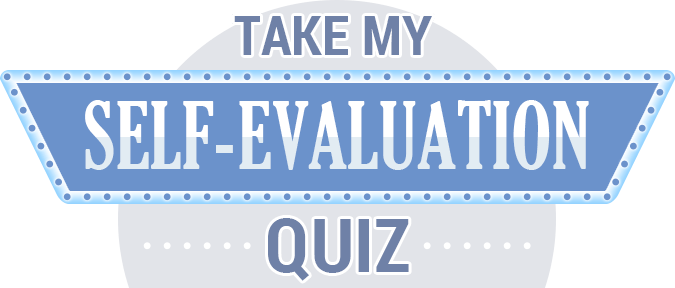
yes
NO
01
You tolerate loneliness poorly.
02
Attention is an aphrodisiac for you (especially from the opposite sex).
03
You go out of your way to avoid conflict (especially the emotional kind).
04
Secretly, you don’t believe people can have everything they want (at least, not honestly).
05
You don’t like to put all your eggs in one basket — you prefer to hedge your bets.
06
you’re the type of person who knows where to find the shortcuts and how to work the angles.
07
You’re usually the smartest one in the room or the most intelligent one in your peer group.
08
On the surface, you appear to follow the rules, but deep down, you believe the rules don’t apply to you.
09
There’s an impulsive (and somewhat compulsive) side to your personality, but you hide it well.
10
You strongly dislike being ignored, being bored and being inconvenienced.
11
you play to win — if you don’t believe you can win, you aren’t even motivated to play.
12
Freedom is one of your highest values — you’ll do whatever it takes to have it.
13
Under no circumstances do you ever want to look weak in the eyes of others.
Are you curious about why so many apply to you? (I’ll reveal why later.) For now, I want you to consider this:

When it comes to honesty, all human beings will attempt to have their cake and eat it too. I believe that’s because on the one hand, we want to enjoy the “self-esteem boost” that comes from being honest (it allows us to look in the mirror and feel good about ourselves), but on the other hand, we also want to enjoy the unearned advantages and easy benefits that come along with being dishonest.
Notice, I said all human beings do this. We all try to have them both: enjoy the benefits of honesty as well as the unearned advantages of dishonesty.
Now you might think that at first glance, we should only be able to do one at a time, right? Not so fast. You see, because of our superior intelligence and flexible cognitive psychology, we humans can in fact do both.
HOW ARE WE ABLE TO DO THIS?
The answer is found in one word: rationalizations. You see, rather than just take a wrong action, humans find ways to “rationalize” (rational-lies) their actions so they can appear to be right. And it’s in our ability to rationalize our wrong actions (so that they appear right) that leads to the majority of our “errors of judgment”… i.e. mistakes.
TWO TYPES OF MISTAKEs
YOUR SELF-EVALUATION?
Here’s the connection…
None of those questions are random. They are in fact a list of the most common rationalizations I’ve heard over the past 15 years from many of my clients trying to rationalize both to themselves, to their spouse and even to me, as to why their choice to have an affair was in fact a reasonable one.
TWO TYPES OF MISTAKEs
YOUR SELF-EVALUATION?
Here’s the connection…
None of those questions are random. They are in fact a list of the most common rationalizations I’ve heard over the past 15 years from many of my clients trying to rationalize both to themselves, to their spouse and even to me, as to why their choice to have an affair was in fact a reasonable one.
THE BAD NEWS
“Rational-lies” work a lot like a blindfold: they temporarily suspend a person’s ability to “see” that they are in fact making a serious error in judgment.
THE GOOD NEWS
Just like how a blindfold only “temporarily” blocks the light, the “rational-lies” only temporarily block reality. Eventually, it dawns that no matter how much or how hard we try to avoid reality, facts are facts. No wrong choice produces right results. Read that again. No wrong choice is ever going to produce a right result. Makes sense? I hope so. Let’s keep going.
bottom line?
“Rational-lies” are doomed to fail you. And so as far as I am concerned, the real mistake, the core error in judgment, comes down to the misguided belief that being able to “rational-lies” a decision to cheat does in fact make it okay to cheat.
The smoking gun
smoking gun
Now that brings us to what I consider to be the “smoking gun” found at the scene of most indiscretions, mistakes, and acts of dishonesty. Can you guess what it is? If you said some type of “rational-lies”…
SO HERE'S THE WAY I SEE IT
The most important work a wayward partner needs to do in the aftermath of infidelity is this: find and remove any and all “rational-lies” used to justify the dishonesty.
Notice how I am placing an emphasis on uncovering the “rational-lies” you used to make a wrong choice appear to be a right one.
Notice I am not making a judgment on why you did what you did.
Also notice I am not asking you to share that information with me or anyone also (you can… it’s safe to do so), but being honest with others is secondary. What’s primary is the ability to be honest with yourself, which leads us to another key insight.
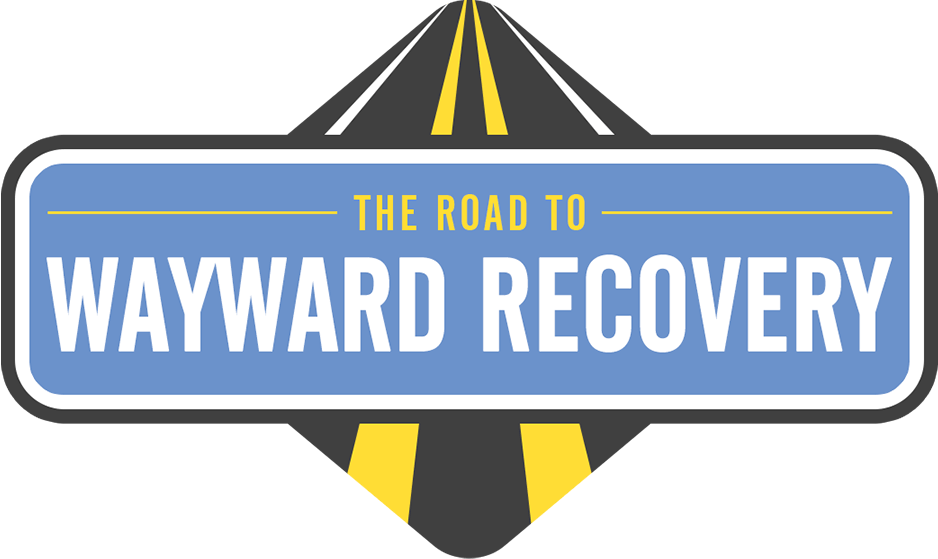
HERE'S THE TRUTH
All deception is self-deception because before you can spin a web of lies to trap another, you must first deceive yourself. You must first lie (or rational-lies) to yourself about why it’s okay to lie to others. And it’s that first lie that gets you into trouble. And so the first step on the road to wayward recovery begins with you being willing to be honest with yourself.
THE CHALLENGE
Many people have a tendency to overlook this step for the same reason we talked about earlier. They fear the guilt and self-recriminations that would emerge if they were to be truly honest about what got them into trouble in the first place.
But that doesn’t have to be your story.
You now understand we all tell ourselves rational-lies. You know we all attempt to have our cake and eat it too. You know we all make mistakes, either due to lack of forethought or due to errors of judgement. You know you’re not the exception. You are the example of what it means to be human, so you need not fear the process of getting honest with yourself. Instead, I suggest you allow yourself to actually start to get excited about it. Why, you say?
Because it’s through the process of “honest self-observation” that the human mind grows, matures, advances and overcomes mistakes. Do you realize what this means? (You probably do.) It means that you have a technology to intelligently overcome mistakes, you have a way to correct the errors in judgment that led you into deception, and you have a way to counter that impulsive reaction that far too often leads you into trouble.
AND THE BEST NEWS
It means that your mistakes are not your tormentors — they are your teachers. It means you can meet your destiny on the same road you take to avoid it… because as it turns out, your worse mistakes are also your best learning opportunities. Therefore, how successful or unsuccessful you’ll be in life depends on how willing or unwilling you are to learn from your mistakes. So now you have some questions that demand answers.
WITH YOUR PERMISSION...
I’d like to spend the next few minutes giving you a brief introduction to my Wayward Rehab home study online course. I’d like to talk briefly about how it works, what you can expect, and what makes the program effective — all with an eye towards helping you determine whether or not this course could be helpful to you. So let’s begin by exploring what my Wayward Rehab home study is all about.
4 KEY QUESTIONS
EVERY WAYWARD PARTNER MUST ASK THEMSELVES
01
Are you willing to
learn from your mistakes?
02
Are you willing to
be honest with yourself about how you were able to rationalize your decisions to be deceptive?
03
Are you committed to
self-correcting, so you’ll not get trapped in self-sabotage?
04
Are you willing to
learn specific steps and strategies to overcome (and reverse) the negative side effects of your mistakes?
FOUR key QUESTIONS
EVERY WAYWARD PARTNER MUST ASK THEMSELVES
01
Are you willing to
learn from your mistakes?
02
Are you willing to
be honest with yourself about how you were able to rationalize your decisions to be deceptive?
03
are you committed to
self-correcting so you’ll not get trapped in self-sabotage?
04
Are you willing to
learn specific steps and strategies to overcome (and reverse) the negative side effects of your mistakes?
if you answered yes…
IF you answered yes to any of the above, then a brave new world awaits you, and you’re going to benefit from taking my next step recommendation.

NEXT STEP RECOMMENDATION
My wayward rehab
Masterclass collection for the unfaithful spouse
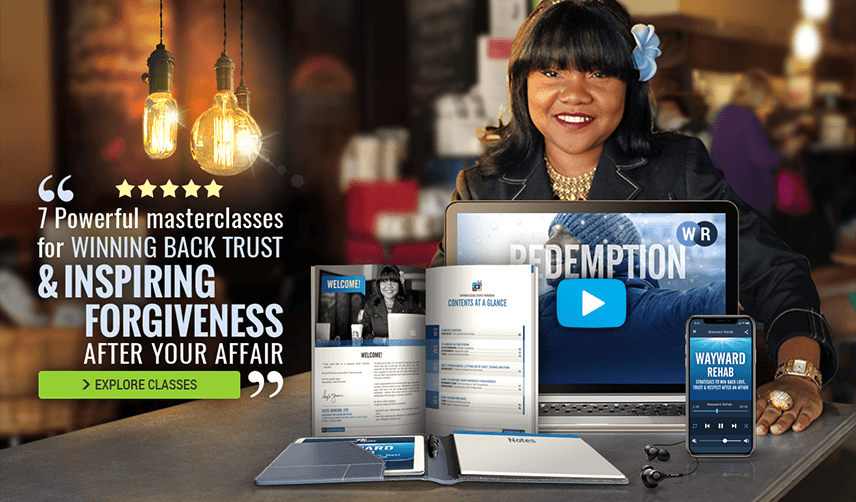
What is my
wayward rehab
masterclass collection for the unfaithful spouse?
My Wayward Rehab masterclass collection for the unfaithful spouse is seven of my most advanced
masterclasses for winning back trust and inspiring forgiveness after your affair, bundled together for
one low price.
All seven masterclasses in this collection are online, so you can access them instantly, from any device, anytime and from anywhere in the world. (no waiting, no appointments needed) This means, when you take my masterclasses are not are you getting my immediate help, but you are also going to learn my more advanced techniques and strategies. (many of which you won’t find anywhere else).
Explore my Wayward Rehab collection here.

MY CLOSING THOUGHTS
IF mistakes were an art, we would all be Picassos.
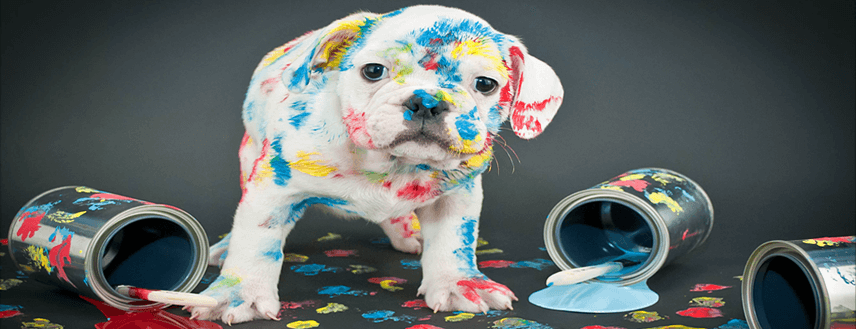
And so, here’s what I believe:
- I believe any act of infidelity is a mistake because it’s a misguided attempt to get what you want using the wrong strategy: deception.
- I believe that infidelity (and all forms of deception) are a symptom, not a cause. They’re the result of some type of misguided thinking.
- And I also believe that until a person becomes aware of the misguided thinking that led to the mistake and is willing to self-correct, this person is subject to repeating the same mistake.
And so regardless of whether your affair was due to lack of forethought or rational-lies, there’s really only two ways this is going to end: Either as tragedy or a redemption story.
So, the question you’ve got to ask yourself:
Do I want to end up with a tragedy or a redemption story?
Because if you fail to learn from your mistakes, you are doomed to repeat them which turns your story into tragedy.
But, if you’re willing to learn from your mistake and you are destined to transcend them and turn your story into a redemption story.
DID YOU NOTICE?
Which version of the story you create is totally up to you. And if you are among those who are drawn to the idea of going from dishonor to redemption, then taking my Wayward Rehab masterclass collection is a great way to get that process started.
Until we speak again –
Remember love wins






